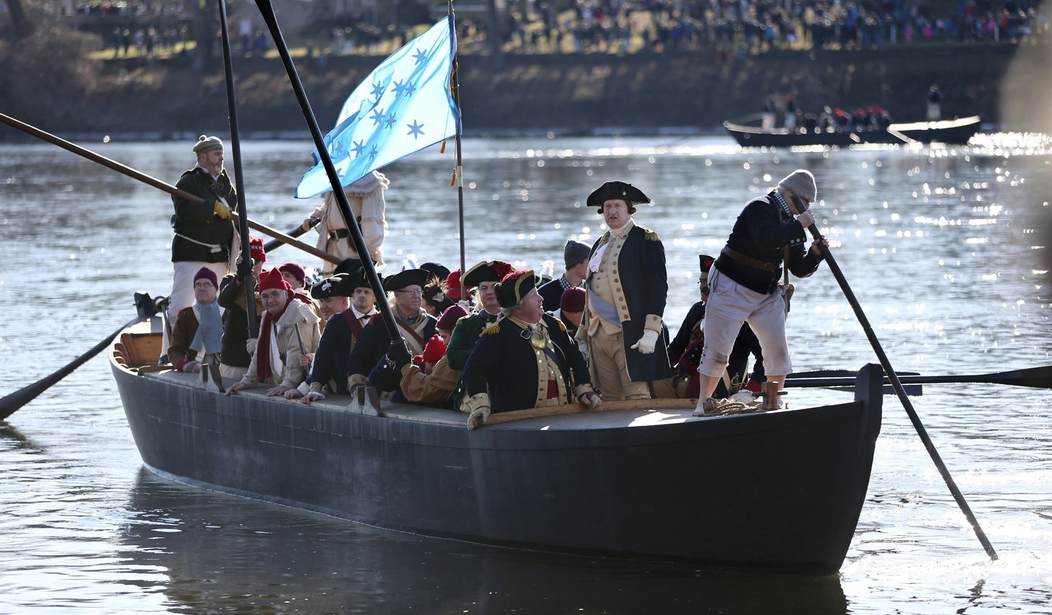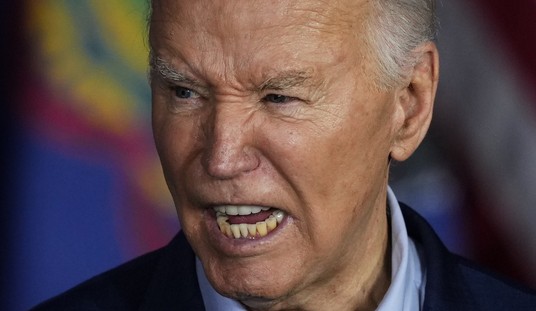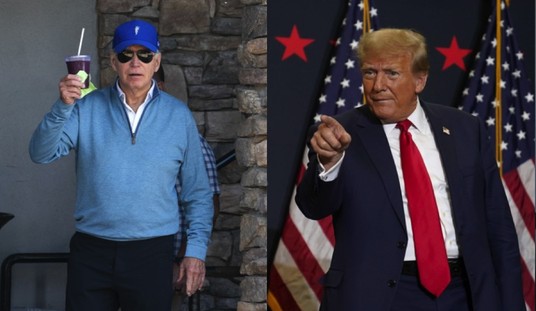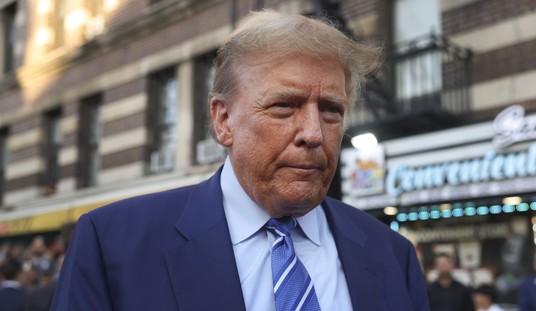There's an old saying in military circles about the U.S. Army, in the form of a quote: "We will cross a frozen river, at night, to kill you in your sleep — on Christmas morning. We've done it before." That saying refers to the American Revolution Battle of Trenton, only months after the Declaration of Independence when General Washington led his men across the frozen Delaware River to attack Hessian mercenaries in Trenton, New Jersey. This battle, this victory, gave hope to an infant republic that was still struggling to survive.
Partisan politics reigned, inflation soared, and the country was deeply divided. You may think this is America in 2023, but this was the United States in December 1776. In one of the darkest periods in American history, the economy was in ruins, and Washington’s army had lost one battle after another.
The mood of the six-month-old country had deteriorated from optimism to defeat. But on Christmas Day, amid a raging Nor’easter, a small group of soldier-mariners from Marblehead, Massachusetts, conveyed Washington’s army across an impassable, ice-filled river, changing the course of history.
Washington's troops were in miserable condition on this cold December night. Many of them didn't have shoes, and the trail they left on the march was marked with blood seeping through makeshift wrappings on frozen feet. Enlistments were on the point of running out. Rations were running low, and forage was non-existent. Men were beginning to desert. General Washington realized that the newborn Republic needed a victory to boost morale and strengthen the resolve not only of his troops but of the new nation. The general who was to become the father of our country delivered.
The general's plan didn't go off without a hitch. Of the three groups that intended to cross the Delaware, only one was successful in doing so, the troops under General James Ewing being unable to make the crossing, while troops under Colonel John Cadwalader were able to cross but were forced to leave their artillery behind. Washington nevertheless ordered the attack, and the Hessians were routed in street-to-street fighting.
The Hessians suffered 22 men killed, 83 wounded, and almost 900 captured. The Continentals lost two men during the approach march and the battle, both on the march from the river to Trenton, and five were wounded, including one Lieutenant James Monroe, who would later be President of the United States.
It's impossible to overstate the importance of this battle. While small when viewed against modern warfare, both in scale and scope, it was nevertheless seminal. General Washington gave the country a victory it sorely needed, which did wonders for the mood of the new republic at a time when good news was sorely needed.
This is something worth reflecting on, especially today when too many people seem to see the national government as some combination of Santa Claus and a cheap cable-channel "Judge" show. We could use resolve like this today; in fact, I'm pretty damn sure we're going to badly need resolve like this again, and soon.
I think we still have courage as a people. I recall President Reagan’s speech about “The Boys of Pointe du Hoc,” and I also recall some talking head interviewing a journalist who had been embedded with some of our troops in Iraq in 2003. The talking head, safely ensconced in a studio, referenced this speech by President Reagan lauding the courage of those men who stormed the beaches of Normandy and asked the journalist, “…where are young men like that today? Are there any?”
“Yes,” the journalist replied. “We have many of them, and a lot of them are there, today, in Iraq and Afghanistan.”
And that’s what might just save us as a people, as a nation, and as a republic. It won’t be the professional grievance-mongers, the race hustlers, the permanently “offended” that make America work – not ever. It’s the courage and moral fortitude of the regular workers and business people of America who, once the screeching of the previous types has finally tapered off, will spit on their hands and get on with the job. It will be people like the boys of Pointe du Hoc. It will be men like those who crossed the Delaware with George Washington.
That’s resolve. That's the courage to keep on, to stay the course.
I have two ancestors who signed the Declaration of Independence and who placed their lives and fortunes on the line: Thomas McKean and Abraham Clark. My wife descends from Marylander Charles Carroll, who did likewise. We should never forget the courage of these men, the hardships and dangers they faced, their resolve, and, on this Christmas Day, the lasting Christmas gift they gave us on the frozen streets of Trenton.














Join the conversation as a VIP Member